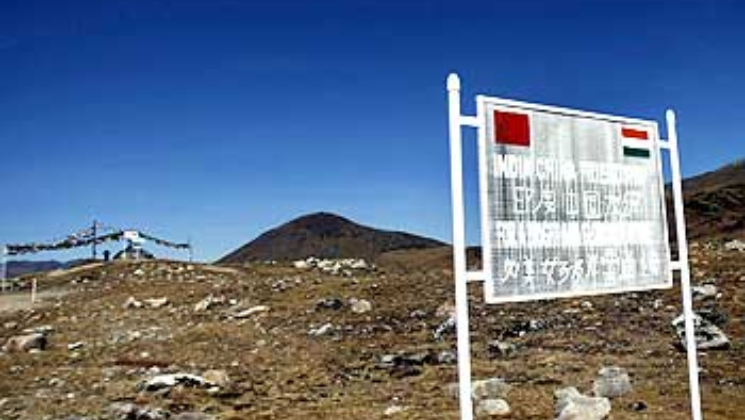- Sponsored -
China dismisses mining report near Arunachal border as ‘groundless’

China on Monday dismissed as “groundless” a report that it was mining gold on its side of the disputed border in Arunachal Pradesh.
- Sponsored -
However, the Chinese Foreign Ministry said the area mentioned in the report by the Hong Kong-based South China Morning Post was Chinese territory and Beijing was well within its rights to conduct scientific and geological survey.
The report said that China began large-scale mining operations on its side of the disputed border with India in the Himalayas where a huge trove of gold, silver and other precious minerals — valued at nearly $60 billion by Chinese state geologists — had been found.
“The area mentioned in the report totally belongs to China’s territory. China conducts regular geological and scientific research on its territory,” said Foreign Ministry spokesperson Lu Kang.
“China always attaches great importance to protecting ecological environment. We hope the relevant media refrain from hyping up groundless reports,” he said.
The report said the move was part of an ambitious plan by Beijing to reclaim Arunachal Pradesh which it calls as “South Tibet”.
“China’s move to lay claim to the region’s natural resources while rapidly building up infrastructure could turn it into ‘another South China Sea’,” the Post quoted people familiar with the development.
Asked about this, Lu said: “China’s position on the Sino-India boundary is clear-cut. China never recognised the so-called Arunachal Pradesh… Beijing and New Delhi are engaging in negotiations to solve the boundary issue and seek a fair and justified solution.
“Before resolving the issue, we hope India can abide by the agreements between the two countries, abide by the Line of Actual Control, stop hyping up and jointly work with China to maintain peace and stability in border areas,” he said.
Arunachal Pradesh forms a large chunk of the 3,488 km disputed India-China boundary.
The two countries went to war in this hilly region in 1962, an event which sowed the seeds of mutual distrust between them.
Image Source – Rediff.com
- Sponsored -
